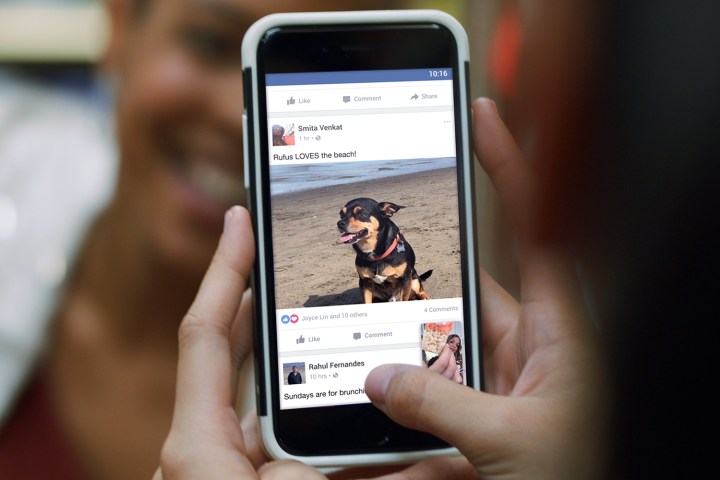
The government requests for data from Facebook increased by 21 percent from the previous six months, jumping up from 64,279. The U.S. was responsible for more than 32,000 of those requests, with about 85 percent of them resulting in providing some level of data. Facebook says that, in the U.S., 57 percent of those requests included a non-disclosure clause, which meant that Facebook could not alert the user to the government’s request for access.
The jump in content restrictions or requests to remove content saw an even larger jump, but one particular incident drove those numbers up higher than normal. Facebook says that a video of a school shooting in Monterrey, Mexico was removed 20,506 times. That incident alone accounts for most but not all of the increase in content restrictions from the previous report, with those numbers jumping up to 28,036 compared to 6,944.
When the transparency report first launched in 2013, the number of requests for data was only about 25,000 worldwide. Since then, Facebook’s user count has nearly doubled, however, up from 1.15 billion to 2 billion users active every month.
While Facebook reveals this data every six months, the social media platform is now expanding the report to also include requests for intellectual property violations. Users reported copyright violations some 224,464 times, while trademark violations were 41,854. The report also includes reports for counterfeits, which hit 14,279. Instagram, meanwhile, had about 70,000 reports for copyright, around 16,500 for trademark and about 10,000 for counterfeits.
As the first time the company has reported on intellectual property, there is no data to compare the numbers to, but in all three categories, for both Facebook and Instagram, the number of reports was higher in June than January, suggesting an increase in the number of reports from the start of the year.
“We believe that sharing information about IP reports we receive from rights holders is an important step toward being more open and clear about how we protect the people and businesses that use our services,” wrote Chris Sonderby, Facebook’s deputy general counsel. “Our Transparency Report describes these policies and procedures in more detail, along with the steps we’ve taken to safeguard the people who use Facebook and keep them informed about IP.”
Both the government requests and the IP reports can be accessed from Facebook’s transparency webpage.



